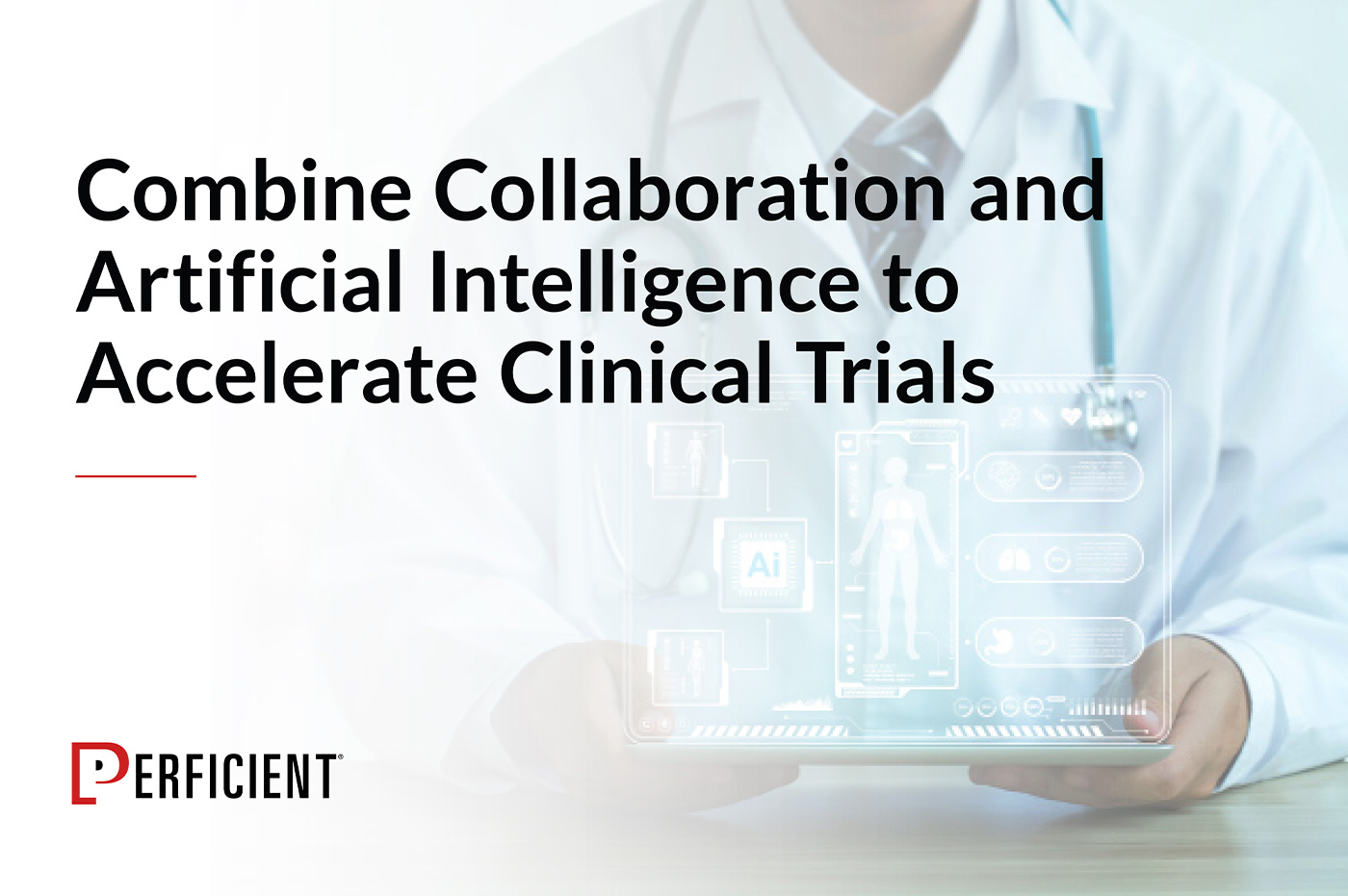A recent study revealed that 75% of patients in the U.S. don’t trust artificial intelligence and machine learning when it comes to their healthcare. But for medical device manufacturers, the promise of AI is vast, and a growing number of devices are leveraging machine learning to glean deeper insights and improve patient outcomes. In fact, its projected that the volume of AI/ML-enabled devices will increase 30% this year – which means that the time is now for the industry to start to close the trust gap with patient consumers. When it comes to building trust, medical device organizations have several tools they can use to help their consumers connect with the promise of AI.
Trust builder #1: Educate your Consumers on AI
For many consumers, AI conjures up visions of ChatGPT, Dall-E 2, or even former Jeopardy! champion Watson. It’s no wonder, the average consumer is not following advancements in AI as those in the industry are. So, healthcare consumers are truly at a disadvantage, they hear the buzzwords, but really don’t understand what AI/ML encompasses, particularly when it comes to their healthcare, or how it might be applied to keep them healthy.
For medical device organizations, it’s critical that you serve up education along with the AI/ML buzzwords, and in language that your patient consumers can digest. Connect your audiences with the power of AI in their lives. They want to understand how their care experience is enhanced because of this technology. How will your AI/ML-enabled device improve their life?
Creating persona-driven journeys that detail each segments’ interaction with AI/ML throughout their healthcare journey can help you delve even deeper. Creating journeys will provide the insights needed to craft the right messaging, identify the areas of concern, uncover misconceptions and build a digital curriculum that will speak to any concerns they have.
My colleague Marybeth Wrabel recently wrote an excellent article on use cases for AI in Healthcare, full of concrete examples on how AI/ML can be used in the healthcare ecosystem. Medical Device companies have a similar list of opportunities, but humanizing how those opportunities are described lays a strong foundation for building consumer trust.
Trust builder #2: Transparency Matters in AI
Some organizations, fearing their audiences’ reaction to using AI/ML, may choose to implement it quietly, or at least not shout their devices are AI-enabled from the rooftops. I’m a big believer in giving consumers more credit than not. They are living in the information age, after all, and as a whole, healthcare consumers are doing more research than ever on the drugs and devices they are prescribed or recommended.
So, what is a medical device organization to do? Dig into your audience personas and understand what kind of personalities you’re serving. Some may simply want an overview, a quick snapshot of what AI/ML is, how you are using it, how you are protecting them, and, most importantly, how it will benefit them. For your info hound segments, and every organization has them, take them a step or two deeper, how are these models developed (and by whom), what are the risks, and what is your vision for the future – how will you continue to harness the power of this technology.
Trust builder #3: Bring out the Humanity in AI
The trust built between a patient and their provider is profound, and I think we can all agree that machines won’t replace that bond. But what AI/ML can do is help that provider to gain deeper understanding, uncover key insights, and provide a better, more personalized experience to their patients. So, as you are thinking about how to education and inject a healthy dose of transparency into how you are talking about AI/ML-enabled devices, think about how your technology is ultimately going to give providers a superpower, a sixth sense, so to speak, to support their patient’s healthcare needs and wellness goals.
And this is something you can feel good about shouting from the rooftops. Create case studies, sit down and interview providers, and build stories that show how the marriage of AI/ML, providers, and patients can produce truly revolutionary results. After all, the insights captured from AI/ML is nothing without the human side of healthcare, a provider who can leverage the insights, and a patient who can benefit from them.
For more information about Perficient’s AI expertise, follow us on X/Twitter and LinkedIn.
Our Digital Healthcare Strategy team helps medical device organizations better understand their audiences and create memorable experiences that build trust, drive usage and inspire brand loyalty. Contact us today for more information.

